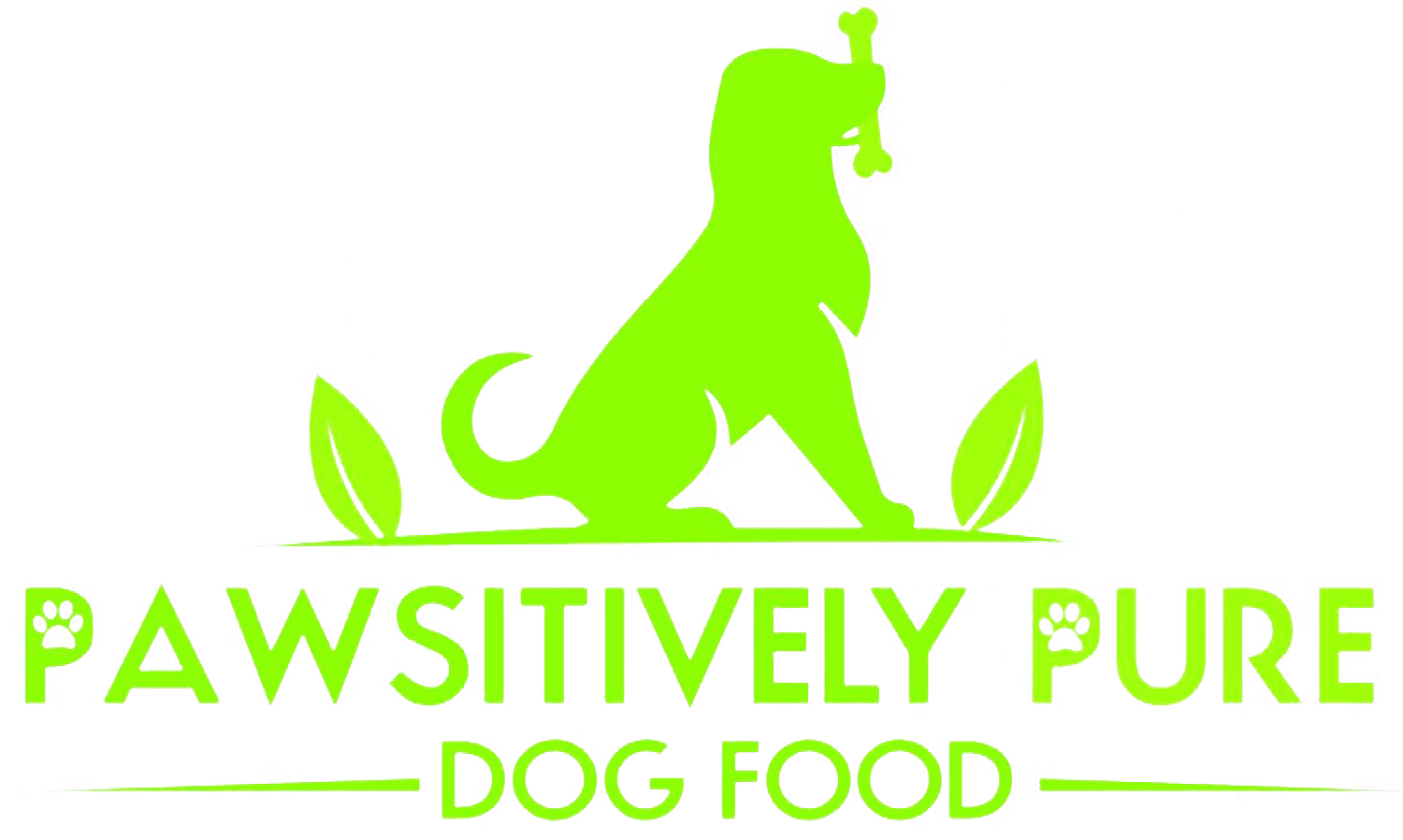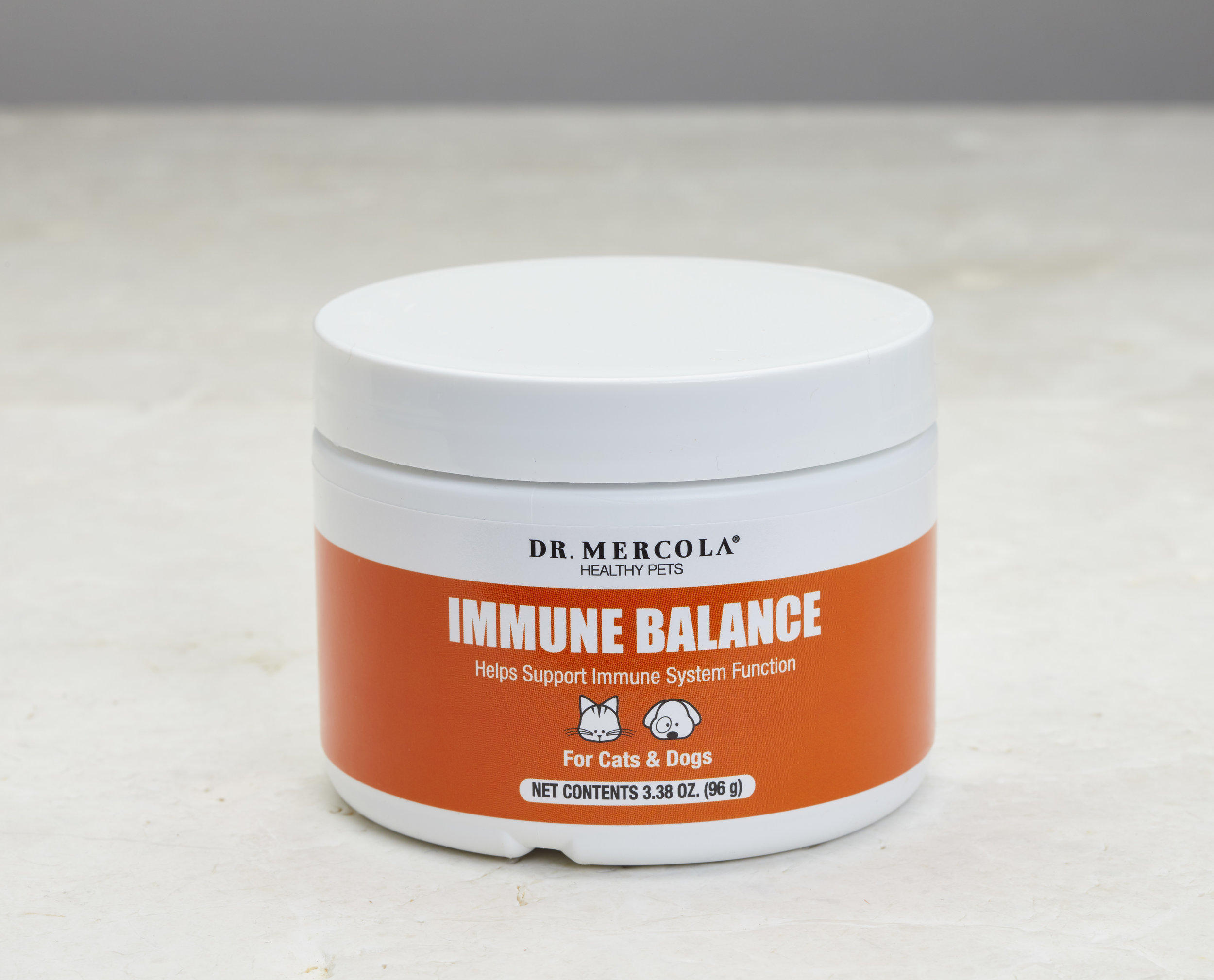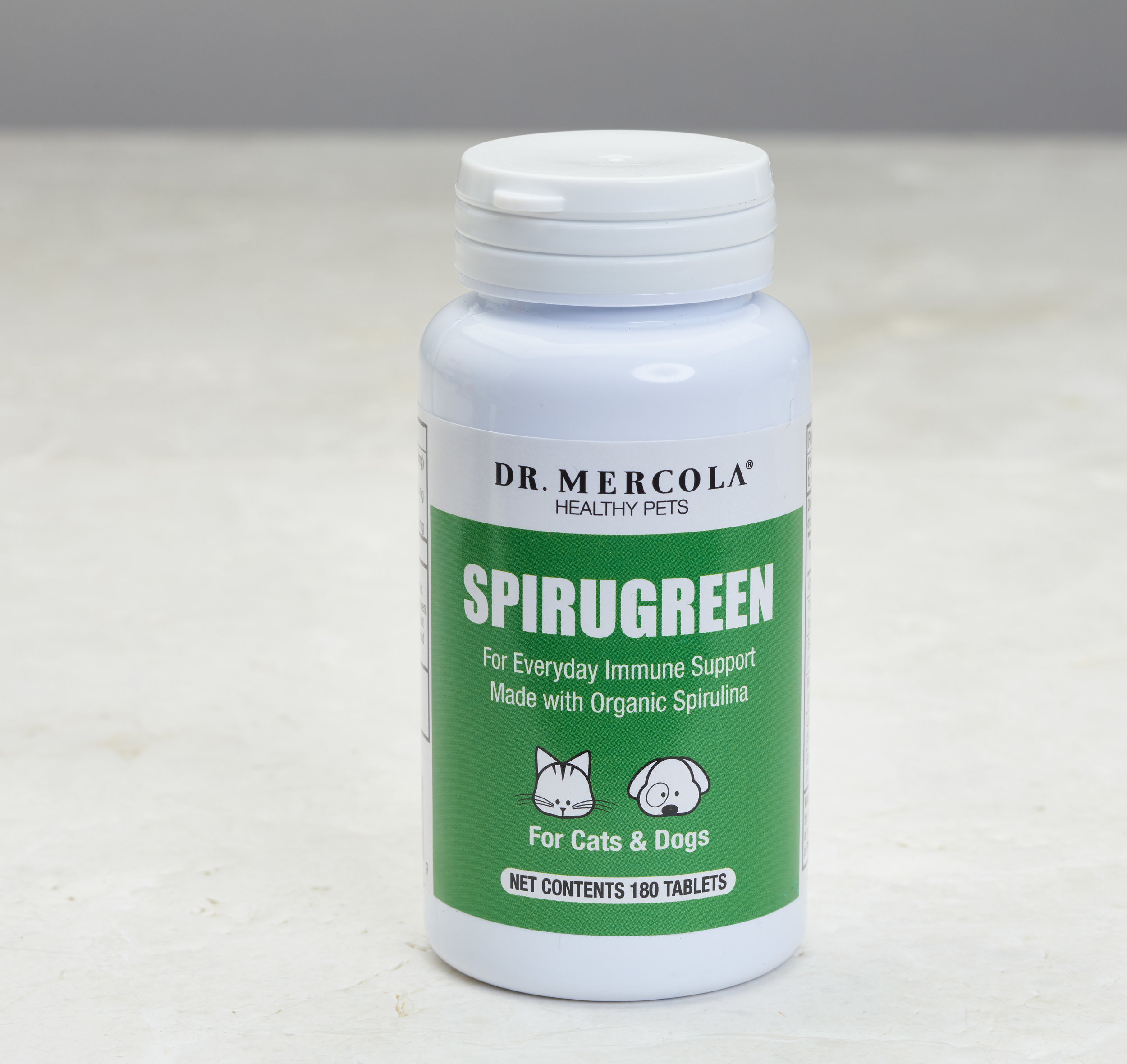Just like it’s important to find the right physician for your family, it’s also important to find a vet who has your dog’s best interests in mind! While many people tend to put off well visits to the vet and only go to the clinic in an emergency, giving your dog regular checkups is an important part of their overall healthcare regimen. A good vet will take preventative measures against common illnesses and cancer as well as helping you keep your dog at a healthy weight and activity level.
Finding the perfect vet for your dog can be daunting. Many first-time pet owners tend to choose big box in-store vets, like Banfield. While these are affordable options, you may be able to find better care elsewhere. Here are a few of our tips to help you find the right vet for your pet:
Check for word of mouth recommendations. The best recommendations are ones you know you can trust. Chances are, if you’re a dog owner, you have a few other friends who are dog owners, as well. Ask them who they use for their pets’ primary care needs if they’re in your area, and check to see if their vet is helping their dogs with specific health concerns your pups may be experiencing.
Have a conversation with your vet and bring your dog in with you for an introduction. Bringing a new vet into your life is much like introducing your dog to a new family member. Make sure you and your vet are on the same page when it comes to key issues affecting your dog’s quality of life. At the same time, you can gauge how comfortable your dog is around their new vet.
Convenience is a big plus, especially when it comes to matters of your dog’s health. Choosing a vet that’s nearby and has more flexible hours of operation can help you get your dog to the clinic in cases of emergency. If your vet offers emergency drop-off options and can work with you on appointments during the work week, there’s a good chance they’re the right fit for you.
A good vet will help educate you as to the right choices for your dog when it comes to nutrition, supplements, activity levels, and more. Find a vet that makes you feel comfortable enough to ask questions so you’re never in the dark when it comes to your dog’s well-being. Speaking of nutrition - did you know that you can find Pawsitively Pure human-grade dog food in certain veterinary offices in Central Florida? Click here to find out where you can find our food.








